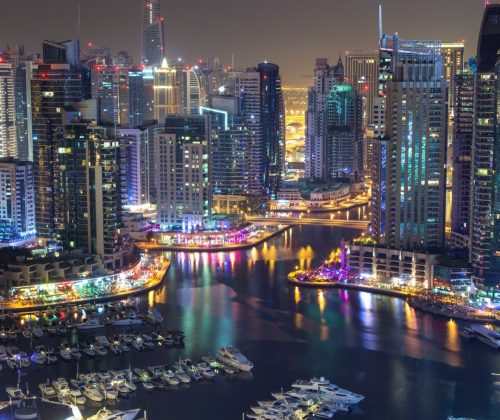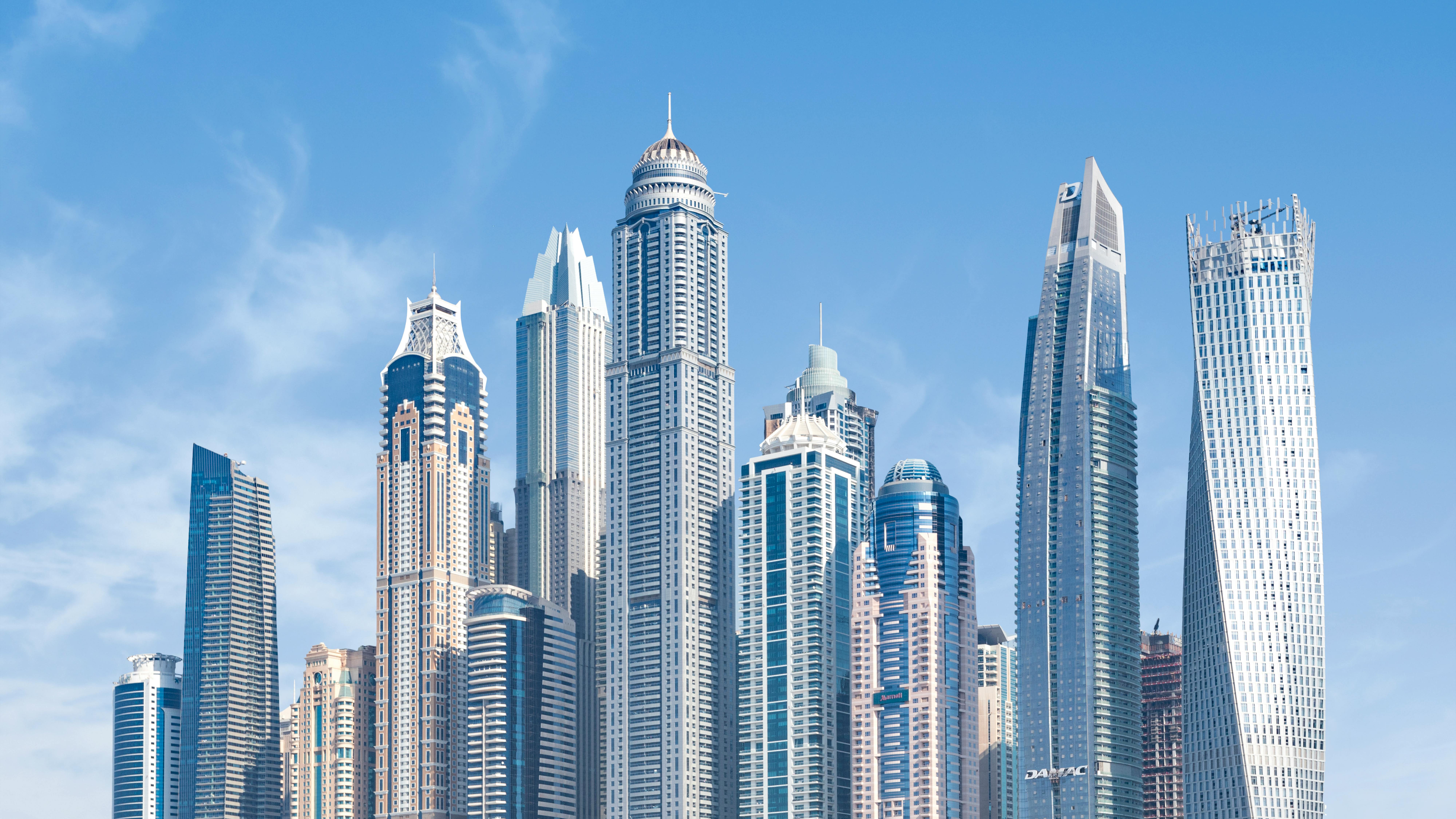About Umm Al Quwain
Umm-Al-Quwain is the least populated of the emirates, and its surface area is the second smallest, representing only 1% of all of the UAE. Umm Al Quwain is situated between Ajman & Ras Al Khaimah on the West Coast. The ruler is His Highness Sheikh Rashid Bin Ahmed Al Moalla. FAQ has a population of 35, 157. This Emirate has a coastline stretching to 24kms. The total area of the emirate is about 777km.
Ruler

The ruler of Umm Al Quwain since 1981, after the abdication of his father Sheikh Ahmed is Sheikh Rashid Al Mualla. The ruling family of this Emirate is referred to as the “Bani Ahmad” group, with the Emirate receiving special attention in federal funding for local projects. Before becoming Ruler, Sheikh Ahmed was Deputy to his father on the UAE Supreme Council and helped him on the day-to-day affairs of state. A highly respected person, he used to represent his father in negotiations with Iran and neighbouring Sharjah concerning the emirate’s share of the Mubarak oilfield.
Born in 1930, Sheikh Rashid received a religious education from his father; a leading authority in tribal affairs and a self-educated man. In the late 1950s he became experienced in state affairs. Sheikh Rashid sent his sons to universities abroad. Before taking over as Ruler, he used to direct the local municipality and Chamber of Commerce, as well as business enterprises owned by the family or the government. His son Saud Bin Rashid is the crown prince. Sheikh Sultan Bin Ahmad Al Mualla, a cousin of the Ruler, is the chairman of the Umm Al Quwain Petroleum Department.
